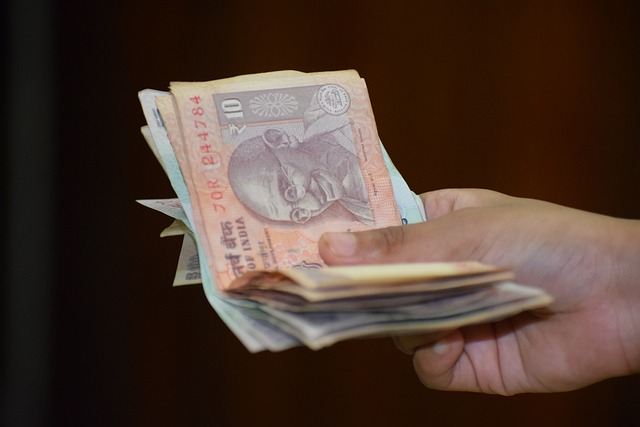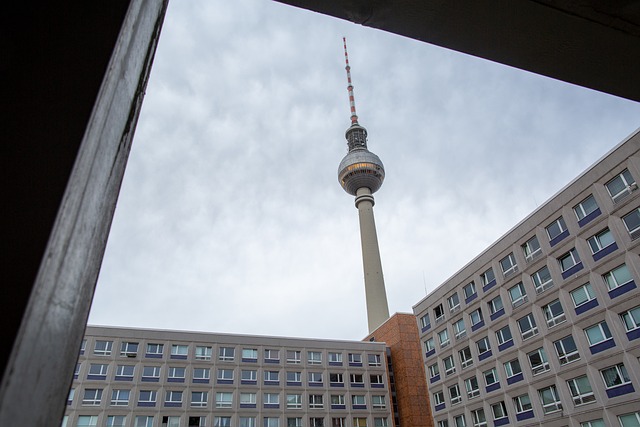British Etiquette: Do’s and Don’ts

The United Kingdom is known for its rich traditions, politeness, and unique social norms. Understanding British etiquette is essential for navigating social and professional interactions smoothly. Whether you’re visiting the UK or planning to live there, knowing the do’s and don’ts can help you avoid cultural faux pas and make a positive impression. This guide provides a comprehensive overview of British etiquette, covering everything from greetings to dining manners.
1. Greetings and Introductions
Do’s:
- Handshakes: A firm handshake is the standard greeting in both social and professional settings. Maintain eye contact and smile.
- Politeness: Use polite phrases like “Please,” “Thank you,” and “Excuse me” frequently.
- Titles: Use titles (Mr., Mrs., Ms., Dr.) and last names until invited to use first names. For example, “Good morning, Mr. Smith.”
Don’ts:
- Overfamiliarity: Avoid using first names or nicknames unless invited to do so.
- Physical Contact: Refrain from hugging, kissing, or other forms of physical contact during initial meetings.
2. Conversation Etiquette
Do’s:
- Small Talk: Engage in light, polite conversation about neutral topics like the weather, travel, or current events.
- Listen Actively: Show interest in what others are saying by nodding and making appropriate comments.
- Humour: Appreciate and engage in British humour, which is often dry and understated.
Don’ts:
- Controversial Topics: Avoid discussing sensitive subjects like politics, religion, and personal finances.
- Interrupting: Do not interrupt others while they are speaking. Wait for your turn to contribute to the conversation.
3. Dining Etiquette
Do’s:
- Table Manners: Keep your hands on the table (but not elbows) and wait until everyone is served before starting to eat.
- Utensils: Use utensils correctly, starting from the outside and working your way in with each course.
- Toasting: If a toast is made, raise your glass and make eye contact with the person being toasted.
Don’ts:
- Eating with Hands: Avoid eating with your hands unless the food is specifically meant to be eaten that way (e.g., sandwiches, chips).
- Slurping and Noisy Eating: Do not slurp soup or make loud noises while eating.
- Leaving Early: Do not leave the table before the host or the main guest has finished eating.
4. Social Etiquette
Do’s:
- Punctuality: Arrive on time for social engagements. Being late is considered rude.
- RSVP: Respond to invitations promptly, indicating whether you will attend or not.
- Gifts: If invited to someone’s home, bring a small gift like wine, chocolates, or flowers. Ensure flowers are unwrapped.
Don’ts:
- Overstaying Your Welcome: Do not stay too long after an event or meal. Gauge the host’s cues and leave at an appropriate time.
- Overindulging: Avoid drinking too much alcohol or overeating at social gatherings.
5. Public Behaviour
Do’s:
- Queueing: Always join the back of a queue and wait your turn. Queue-jumping is considered extremely rude.
- Public Transport: Offer your seat to elderly, pregnant, or disabled passengers on public transport.
- Polite Apologies: Apologize if you accidentally bump into someone or make a minor mistake. Saying “Sorry” is a common British reflex.
Don’ts:
- Loud Behaviour: Avoid speaking loudly or causing a disturbance in public places.
- Littering: Do not litter. Always dispose of rubbish in designated bins.
6. Professional Etiquette
Do’s:
- Dress Code: Adhere to the dress code of your workplace. Business formal is common in corporate settings.
- Punctuality: Arrive on time for meetings and appointments. Being late is unprofessional.
- Email Etiquette: Use a polite and formal tone in emails, especially in initial communications.
Don’ts:
- Overfamiliarity: Avoid using first names or informal language in professional settings unless invited to do so.
- Interrupting Meetings: Do not interrupt others during meetings. Wait for your turn to speak.
7. Tipping Etiquette
Do’s:
- Restaurants: Tip 10-15% of the bill if service is not included. In pubs, tipping is not expected.
- Taxis: Round up the fare or tip 10% for good service.
- Hotels: Tip porters £1-2 per bag and leave a small tip for housekeeping if you stay multiple nights.
Don’ts:
- Over-Tipping: Avoid tipping excessively, as it can be seen as ostentatious.
- Tipping in Pubs: Do not tip bartenders in pubs. Instead, offer to buy them a drink.
8. Cultural Sensitivity
Do’s:
- Respect Traditions: Show respect for British traditions and customs, even if they are different from your own.
- Celebrate Diversity: Appreciate and engage with the UK’s multicultural environment.
Don’ts:
- Stereotyping: Avoid making assumptions or stereotypes about British people or their culture.
- Disrespecting Monarchy: Refrain from making negative comments about the British royal family, as they are highly respected.
9. Special Occasions
Do’s:
- Weddings: Bring a gift from the wedding registry and follow the dress code specified on the invitation.
- Funerals: Dress in dark, conservative clothing and offer condolences to the bereaved.
Don’ts:
- Overdressing: Avoid overdressing for casual events or underdressing for formal occasions.
- Inappropriate Gifts: Do not give overly personal or extravagant gifts unless you know the recipient well.




